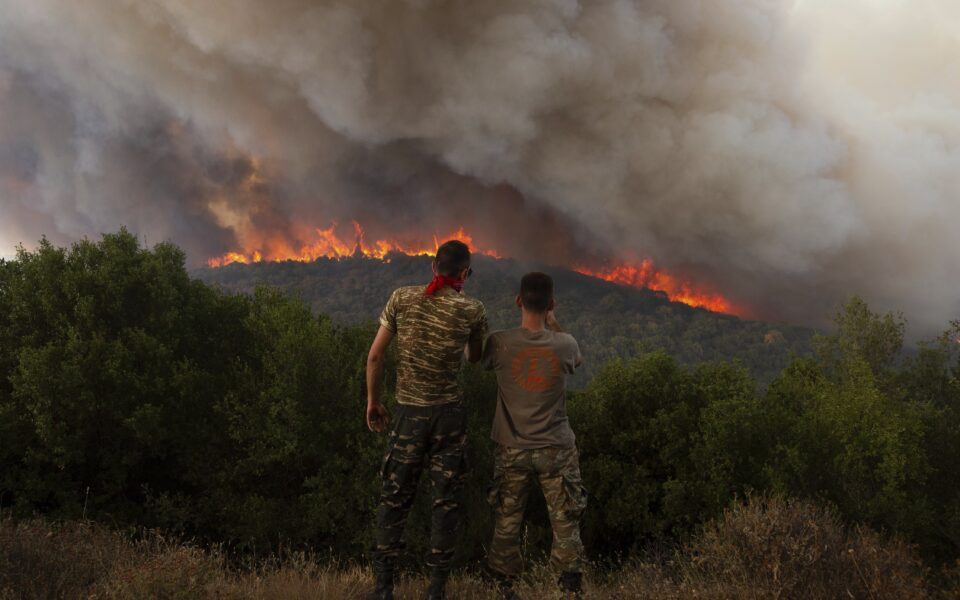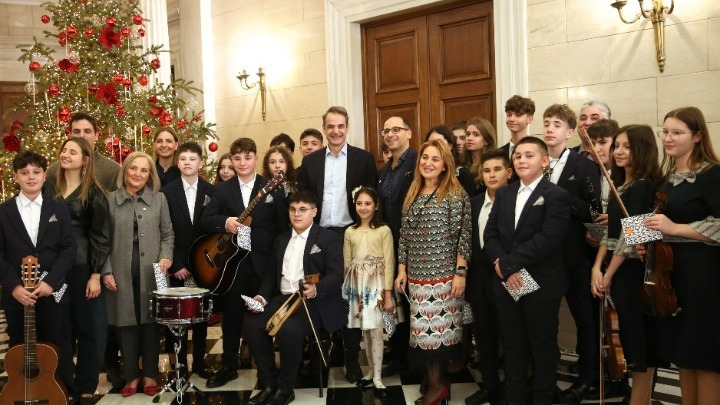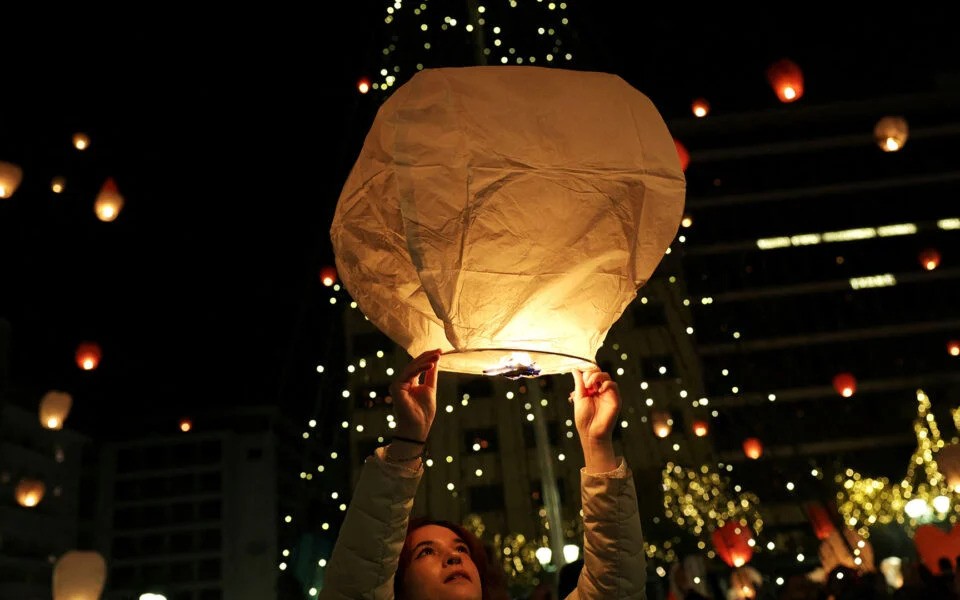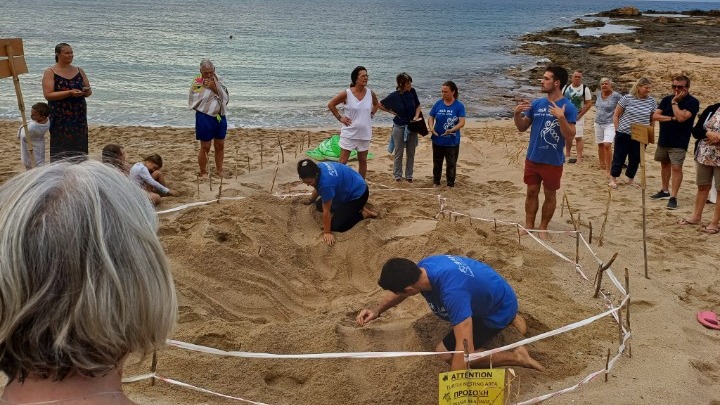Greece: Regeneration will take decades


In the wake of the extensive wildfires that ravaged the country this week, experts are bemoaning that what was destroyed in just six days will take decades to regrow without the necessary conditions and provisions.
A case in point is the forest of Dadia in northeastern Greece, the extent of whose destruction has not yet been fully assessed since the fire was still burning on Friday, a week after the first outbreak last Saturday.
According to estimates, about 73,840 hectares have been burnt in the wider Evros region, of which 13,300 hectares belong to the Dadia-Lefkimi-Soufli National Park.
A large proportion of the burnt areas of the forest are located in the core of the ecosystem in Zone A, which in total extends over 7,300 hectares.
After this year’s fire only the northern part of Zone A remains, according to the data available so far.
“No one can say for sure what the next day will look like. It’s too early and the destruction is of enormous proportions, unimaginable I would say,” says Georgia Alexopoulou from the Hellenic Ornithological Society.
“There may be some pockets that were rescued but the extent of the destruction is huge,” adds Dora Skartsis, manager of the Biodiversity Conservation Society of Thrace, which was founded in 2020 in order to continue the work that WWF Greece has been carrying out in the region for 30 years.
“The forest regenerates but it takes time. There need to be certain conditions. In the part of the forest to the west of the village of Lefkimi, about 6,000 hectares were razed in the big fire of 2011. It took 12 years for it to fully regenerate,” she said. “And now it burned again.”
Skartsis predicted that the winter and the years to come will be difficult for the region. “It will take people and money. Just to replace the PPC (Public Power Corporation) poles will major big funds and a lot of time. There will also be erosion in the soil that was burned,” she said.
Source: ekathimerini.com





